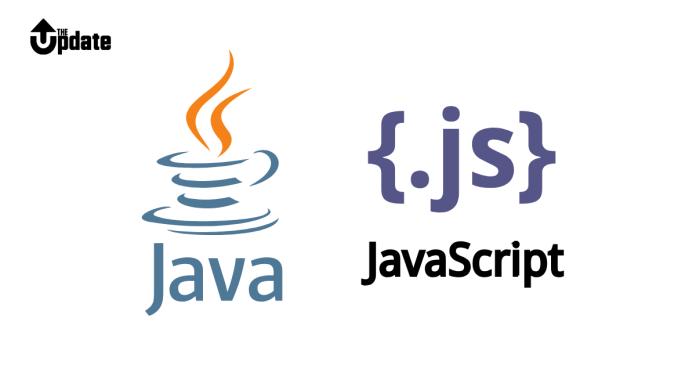In Java, statements are instructions that tell the program what to do. They form the building blocks of a Java program and are used to perform various tasks such as controlling the flow of execution, declaring variables, or performing computations. Java statements can be categorized into several types:
1. Declaration Statements
- Used to declare variables and specify their data types.
- Example:
2. Expression Statements
- Used to evaluate expressions, assign values, or call methods.
- Examples:
3. Control Flow Statements
These statements control the flow of execution in a program. They are divided into:
a. Decision-Making Statements
- Used to make decisions based on conditions.
- Examples:
if,else,else if:switch:
b. Looping Statements
- Used for repetitive execution of code.
- Examples:
for:while:do-while:
c. Jump Statements
- Used to break or continue the flow of execution.
- Examples:
break:continue:return:
Used to exit from a method and optionally return a value:
4. Block Statements
- Enclose multiple statements within
{}to group them as a block. - Example:
5. Try-Catch-Finally Statements
- Used for exception handling in Java.
- Example:
6. Synchronized Statements
- Used in multi-threading to control access to critical sections of code.
- Example:
Conclusion
Java provides various types of statements to control program flow, perform operations, and handle exceptions. Understanding these statements is essential for writing efficient and structured Java programs.



